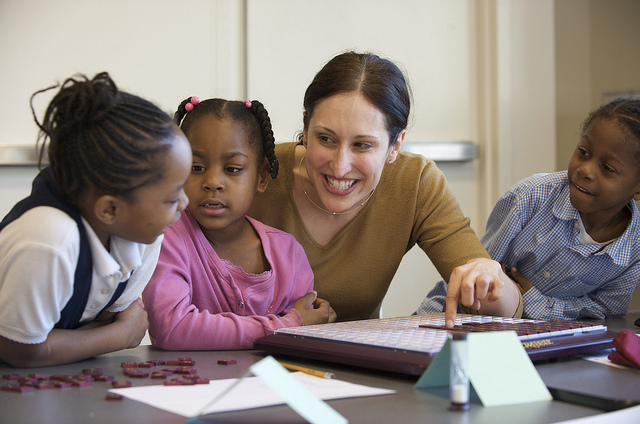Carol Davenport, Northumbria University, Newcastle If a child asked you how close an astronaut can get to the sun, the chances are you’d need a moment – or perhaps a search engine – to figure it out. Anyone who has spent some time with young children know that they ask “why?” – a lot. Children have a curiosity about the world that leads them to question almost everything around them. Unfortunately their parents typically don’t. A recent survey of 1,000 parents found that 83% of them couldn’t answer simple school science questions. While this may seem concerning, what’s more worrying …
Continue reading “Parents can’t answer everything children ask about science – and that’s OK”







